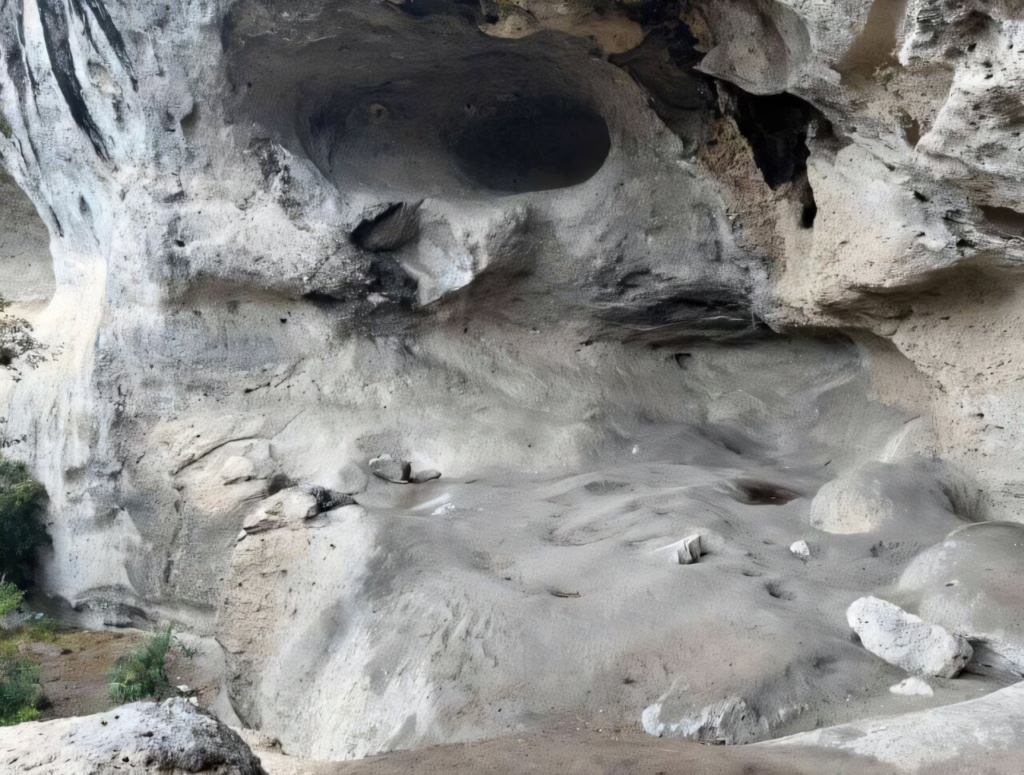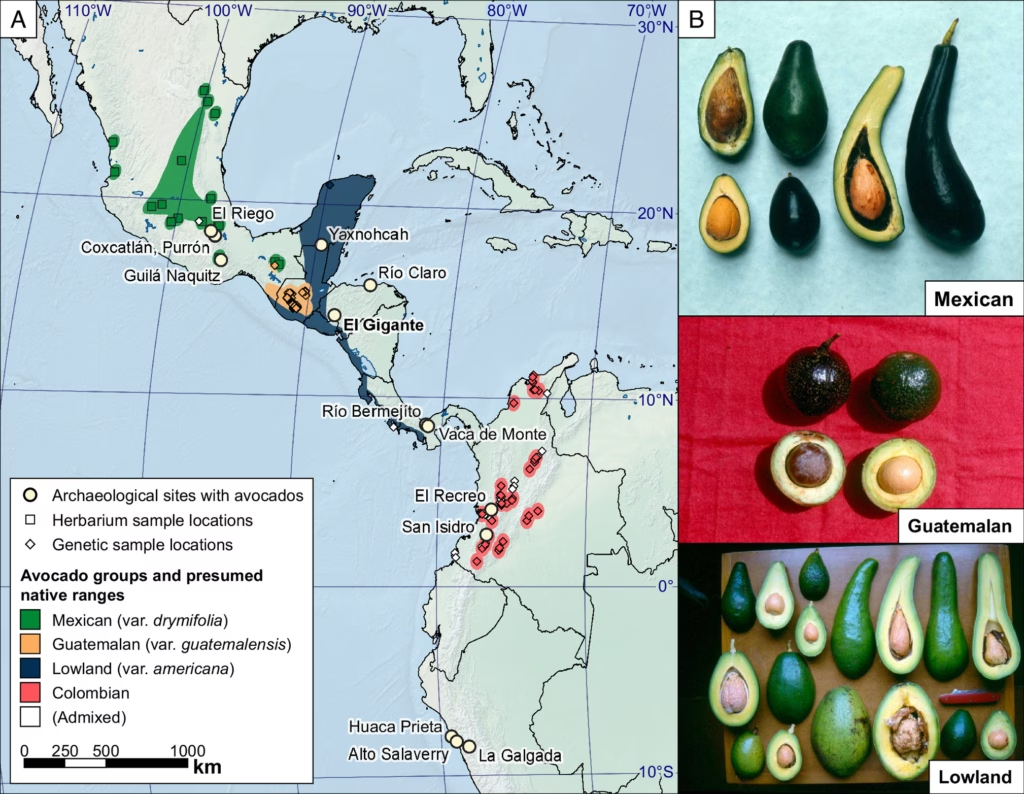Avocado has become one of the most popular and healthiest superfoods in recent years. However, the story of this green gold dates back much further than most people realize. Research led by Dr. Heather B. Thakar, an anthropologist at Texas A&M University, at the El Gigante Rock Shelter in Honduras reveals the domestication process of avocado extending over 11,000 years.
The study, published in the prestigious Proceedings of the National Academy of Sciences (PNAS), offers valuable insights into how avocado’s genetic diversity evolved and how humans shaped one of today’s economically significant crops. Dr. Thakar stated, “Our work with avocado remains at El Gigante provides important information on resilience and adaptation in the face of climate change.” She added, “Most of the ancient genetic diversity of avocados still exists in wild populations in Mexico and Central America. By selecting seeds from both modern domesticated plants and wild populations, we have a better chance of adapting to changing conditions rather than relying solely on cloning.”
Today’s multi-billion-dollar avocado industry largely depends on the Hass variety. However, this monoculture approach carries significant risks due to vulnerability to diseases and climate change. Dr. Thakar’s findings highlight the importance of preserving genetic diversity and developing new, more resilient avocado varieties.

El Gigante Rock Shelter, located in the highlands of western Honduras, boasts a rare and exceptionally well-preserved collection of plant fossils — a remarkable feat in tropical regions where organic materials typically decay rapidly. The 11,000-year-old avocado remains allow researchers to trace how humans have influenced the fruit’s development over millennia.
Originally, avocados evolved as a food source for ancient megafauna such as giant ground sloths and mammoths during the last Ice Age. After these animals disappeared, humans filled the ecological niche, managing and cultivating avocado trees to enhance their value as a food source.

The research indicates that avocados were domesticated in Honduras around 2,000 years ago, even before staple crops like corn and beans. This discovery underscores avocado’s significant role in Mesoamerican agricultural history.
Beyond avocados, El Gigante also provides unique insights into the domestication of other crops like squash and corn. The site is currently on the tentative UNESCO World Heritage list, with Dr. Thakar and her team collaborating with the Honduran government to document and protect this invaluable cultural heritage.
The 11,000-year journey of avocado reminds us of the critical importance of genetic diversity and sustainable agriculture. This groundbreaking discovery opens new avenues for developing more climate-resilient and adaptable avocado crops in the future.
Amber M. VanDerwarker et al, Early evidence of avocado domestication from El Gigante Rockshelter, Honduras, Proceedings of the National Academy of Sciences (2025). DOI: 10.1073/pnas.2417072122





